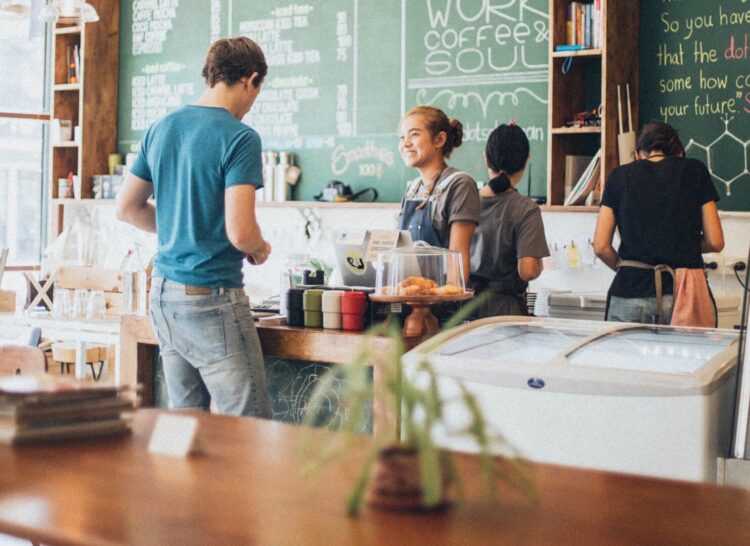All you need to know to keep your bar/restaurant COVID-safe
Liverpool health and safety specialist Foursquare Group has issued its definitive guide to help independents hospitality and retail outlets keep trading while minimising the rise of coronavirus

Restaurants and bars in Liverpool city region are now almost two months into reopening following the COVID-19 lockdown and many are still finding their feet.
Liverpool-based health and safety specialist, Foursquare Group, says businesses are having to navigate a whole plethora of health and safety guidelines designed to minimise the risk of spreading the virus.
In June Foursquare launched a ‘pay-what-you-can’ offer for hospitality outlets aimed at independent restaurants, bars, events spaces and retailers who don’t have a dedicated health and safety team.
Here, founder Liam Jones, outlines the key areas that can be missed when dealing with the intricacies of health and safety amidst the coronavirus pandemic and the mistakes that independents need to be really careful of:
Risk Assessments
The Covid-19 risk assessment is the main exercise in determining how Coronavirus affects each business and how to control it. If it’s too generic or not detailed enough, then it won’t help in reducing the risk as much as possible and it won’t be deemed suitable and sufficient by the authorities.
Customer Confidence
Most hospitality and retail venues have reopened their doors and are waiting for guests to flock in – but the trade isn’t being spread equally among everybody? Customers are looking for businesses who make them feel safe again, so businesses should focus on letting their customers know that health and safety is their top priority.
Think about the customer journey. From the initial phone call/booking right through to when the customer walks out of the door – any single action that eliminates, reduces or limits exposure to people, objects and surfaces is a control measure which should be considered, implemented and communicated with customers clearly.
Staff Training
Training is essential so that staff are prepared to manage the control measures day-to-day. Without proper training, even the best plan of action will likely fall down.
Covid training needs to be both generic (to provide a broad understanding of the virus) and specific (to understand how each venue plans to manage the virus).
Documentation
Keeping detailed records throughout this whole process is key, particularly the actions taken to control the virus. Not only will this help to promote health and safety culture within each venue but it will also protect the business later should an outbreak occur.
Examples of documentation include:
- Return to work health declaration
- Daily health declaration
- Daily temperature scanning record
- Copy of suppliers/contractor’s risk assessments and/or method statements (RAMS)
- Daily cleaning schedules
- Record of high frequency cleaning
- Toilet checks record
- Training records
- Written method statements or safe operating procedures
Being specific for each venue
Best practice on managing this virus is evolving all the time. There’s already a long list of possible control measures which every venue could take, but it’s important to choose the correct ones for each venue – which ones will prove most effective and in what way?
Because every venue is unique in its operation and layout, the strategy for managing the virus needs to be unique in each venue as well.

This means that if a business has more than one venue, the risk assessment process needs to be considered in full at each location. Copying and pasting documentation and plans from one venue to another won’t work, the virus is too difficult to control, and the risks are too high.
Maintaining all the hard work
Everything is in place and the business is open and trading… Now what? Standards can’t afford to slip, and so reviewing the strategy regularly is key.
As part of the Covid-Safe scheme Foursquare Group recommends reviewing the strategy every eight weeks. During that time, it’s highly likely that the plan will have changed so it’s important to update the paperwork to suit.
Liam added a final piece of advice for independents: “While all of this information can seem quite overwhelming at first, we want to reassure business owners that adhering to the new measures is possible and you can bounce back from the coronavirus pandemic to come out the other side of this devastating time for businesses.”

